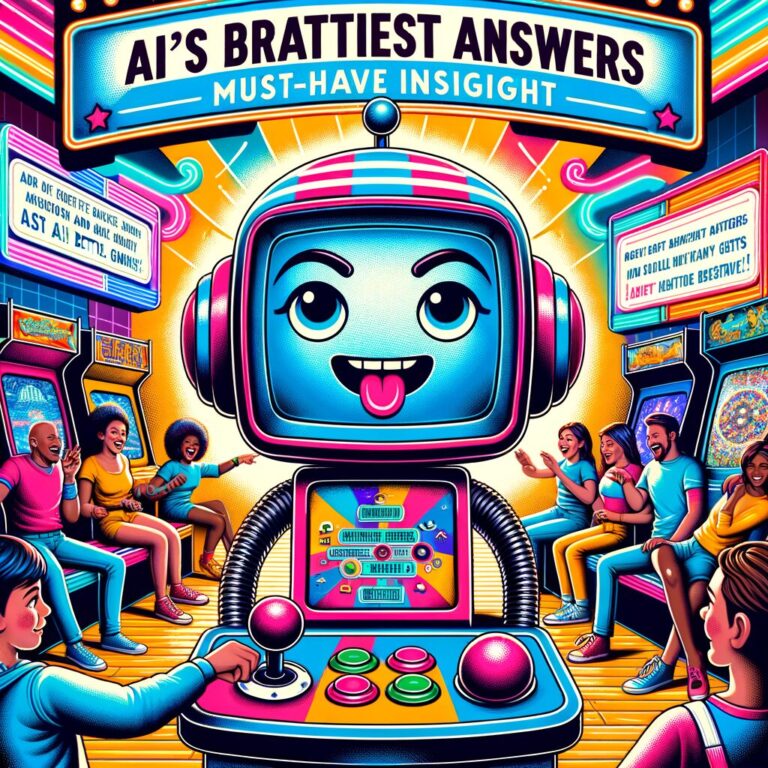Artificial Intelligence (AI) has become an integral part of our daily lives, transforming the way we work, communicate, and learn. As the use of AI continues to grow, it is essential to empower kids with the necessary skills and knowledge to navigate this digital landscape confidently. In this article, we will explore some of the best strategies for boosting AI confidence in children, equipping them with the tools they need to thrive in an increasingly tech-driven world.
Understanding AI: Building a Strong Foundation
One crucial strategy for empowering kids with AI confidence is to help them understand what AI is and how it works. Introducing basic concepts such as machine learning, algorithms, and data analysis in a simple and engaging way can demystify AI and make it more accessible to children. By building a strong foundation of AI knowledge, kids can gain confidence in their ability to interact with and leverage these technologies effectively.
Hands-On Learning: Experiential Education
Another effective approach to boosting AI confidence in kids is through hands-on learning experiences. Platforms and tools that allow children to experiment with AI applications, such as coding games, robotics kits, and AI-based toys, can provide valuable opportunities for experiential education. By actively engaging with AI systems and seeing firsthand how they work, kids can develop a deeper understanding and appreciation for these technologies.
Encouraging Curiosity and Exploration
Encouraging curiosity and a spirit of exploration is key to fostering AI confidence in children. Encourage kids to ask questions, seek out information, and explore new ideas related to AI. Creating a supportive environment where kids feel empowered to experiment, make mistakes, and learn from their experiences can help build confidence in their ability to navigate the complexities of AI technologies.
Promoting Ethical AI Use
Teaching kids about the ethical implications of AI and promoting responsible use of these technologies is essential for building AI confidence. Discussing concepts such as bias in AI algorithms, data privacy, and the importance of ethical decision-making can help children develop a critical mindset when engaging with AI systems. By instilling a sense of responsibility and mindfulness in their interactions with AI, kids can approach these technologies with confidence and awareness.
Cultivating Problem-Solving Skills
Empowering kids with strong problem-solving skills is vital for building AI confidence. Encourage children to tackle challenging tasks, think creatively, and approach problems from different angles. Exposing kids to puzzles, coding challenges, and real-world problems that can be solved using AI tools can help them develop the resilience and adaptability needed to navigate the ever-evolving landscape of technology.
Building a Supportive Community
Creating a supportive community of peers, mentors, and educators is crucial for fostering AI confidence in children. Encourage kids to collaborate, share their ideas, and learn from each other’s experiences. Connecting with like-minded individuals who share an interest in AI can provide valuable support, inspiration, and encouragement for kids as they navigate their AI learning journey.
In conclusion, empowering kids with AI confidence is essential for preparing them for the future. By building a strong foundation of AI knowledge, promoting hands-on learning experiences, encouraging curiosity and exploration, promoting ethical AI use, cultivating problem-solving skills, and building a supportive community, we can equip children with the tools they need to thrive in an increasingly AI-driven world. With the right strategies and support, kids can develop the skills, confidence, and mindset needed to harness the power of AI and become active contributors to the digital age.






